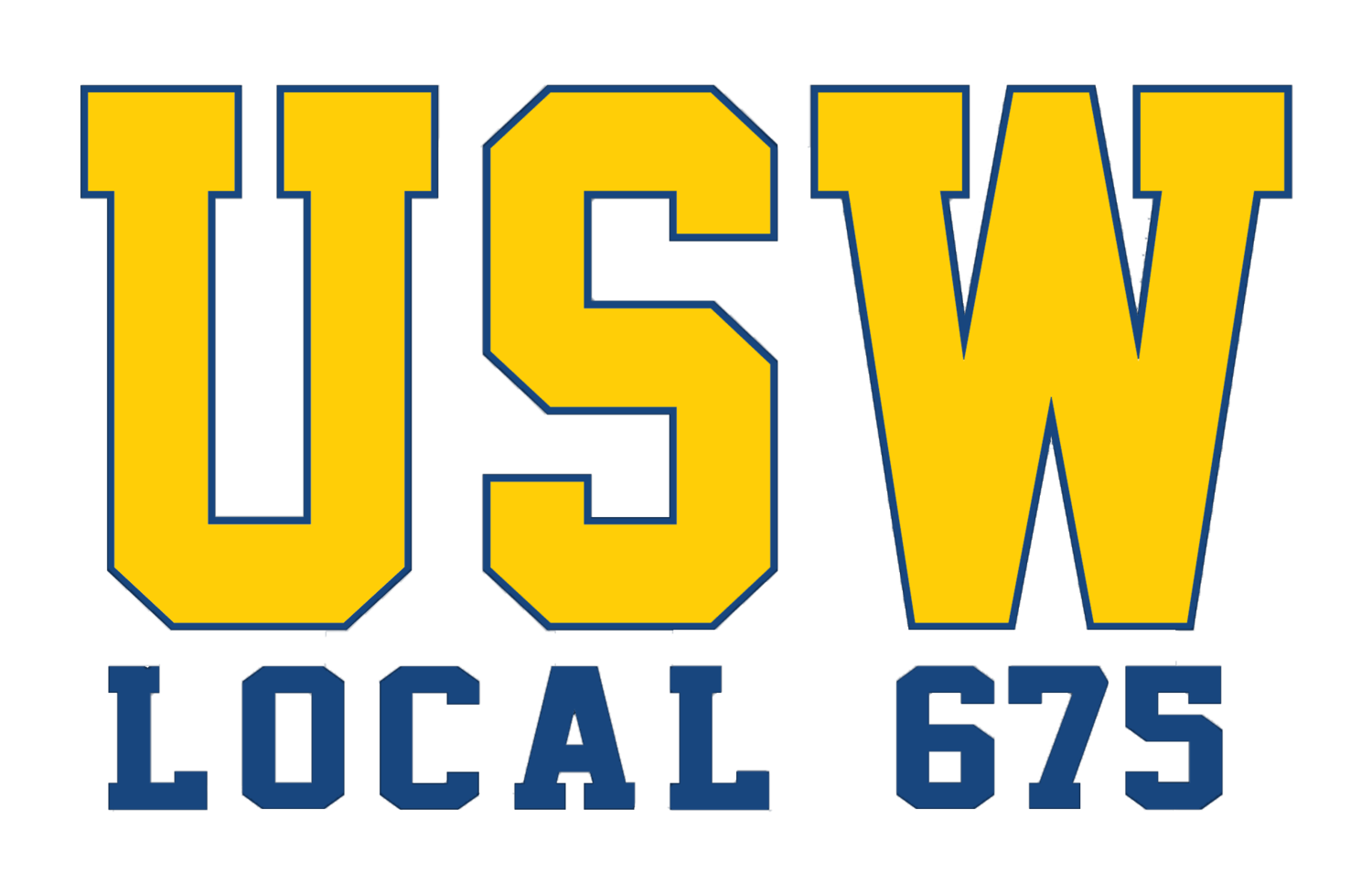The USW Paper Bargaining Conference hosted an inspiring and informative online discussion on Tues., July 20, about what it means to be a woman in the traditionally male-dominated paper industry.
USW Vice President Leeann Foster moderated the virtual town hall along with American Forest & Paper Association President (AF&PA) Heidi Brock. Foster grew up a paper worker’s kid and paid her way through college by working at the same plant that employed her father.
“I couldn’t have worked in the industry without the union, and I never forgot that,” said Foster.
The panelists consisted of six USW sisters who work at various paper mills and plants across the United States, including Cindy Moss, who works at the Essity Barton Mill in Cherokee, Ala. Moss, who is a new member of Local 9-1535, said that the stereotypical masculine veneer of manufacturing can be misleading to many young women looking for a career.
“There’s nothing out here a woman could not do,” said Moss.
Moss and others expressed a desire to do more community outreach via job fairs and plant tours specifically for women, who make up less than 12 percent of the sector.
Amy McGuire, who has worked at Essity for 18 years, said her life was as a young woman was made exponentially better because of the industry.
“It’s meant economic security,” said McGuire, who was also attending college at the time she started at Essity. “It provided a way for us to raise our family.”
Gwin Booker, who works at International Paper in Rome, Ga., also found her life uplifted by her union experience. Now a USW staff representative, Booker has been at International Paper for 20 years.
“I’ve met people and been places I’ve never dreamed of because of the union and because of the industry,” said Booker.
The panel also featured Teresa Cassady, Assistant to District 1 Director Donnie Blatt, who talked about the union’s plan to bargain domestic violence leave and support language in future paper contracts.
She shared her own personal, harrowing experience of surviving domestic abuse and how it can impact both the victim’s life and their workplace.
“Domestic violence is not limited to women, but it does impact women at an alarming rate,” said Cassady. “I know this language will be life-changing for so many of our sisters, brothers and siblings.”
All in all, the panelists wanted the world to know that women need only to be given the opportunity to show they can rise to any task.
“We are listeners, we are leaders,” said Booker. “And we don’t like to be disregarded.
Watch the full online town hall below.


